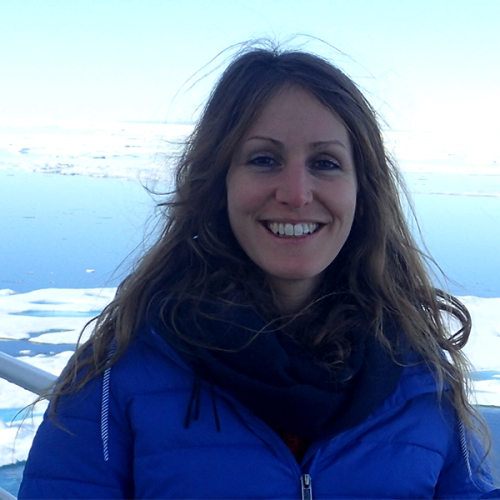Keywords: marine biology; evolutionary ecology; (gelatinous) zooplankton; climate-driven range shifts; polar benthic and pelagic ecosystems.

Charlotte Havermans
Alfred Wegener Institute Helmholtz Centre for Polar and Marine Research
Dr. Charlotte Havermans is currently leading a Junior Research Group on polar gelatinous zooplankton (Helmholtz Young Investigator Group ARJEL – Arctic Jellies), at the Alfred Wegener Institute Helmholtz Centre for Polar and Marine Research (Germany). Her research deals with the diversity, trophic ecology, and adaptation potential of jellyfish, and their potential to impact tomorrow’s polar ecosystems. To do so, her current research group applies various cutting-edge molecular tools (environmental DNA, metabarcoding, transcriptomics), modeling and ecological studies with underwater optics. Before that, she worked as a postdoc at the University of Bremen (Germany), studying range shifts of polar zooplankton under climate change. She carried out her PhD degree on Antarctic and deep-sea evolutionary ecology of benthic crustaceans, at the Royal Belgian Institute of Natural Sciences and the Université catholique de Louvain, in Belgium. She was nominated to participate in the SCAR horizon scan activities in 2014, contributed to the SCAR Biogeographic Atlas (2014), and the SCAR Crustacean Guide for Predator Studies (2020).
Current research projects / interests:
- The impact of gelatinous zooplankton on changing Arctic ecosystems;
- The diversity, trophic role and population connectivity of Southern Ocean jellyfish;
- Poleward range shifts of zooplankton (Themisto amphipods, jellyfish);
- Environmental DNA studies;
- Species interactions in the pelagic, pelagic-benthic coupling.
Support Us
Interested in contributing to SCAR?
